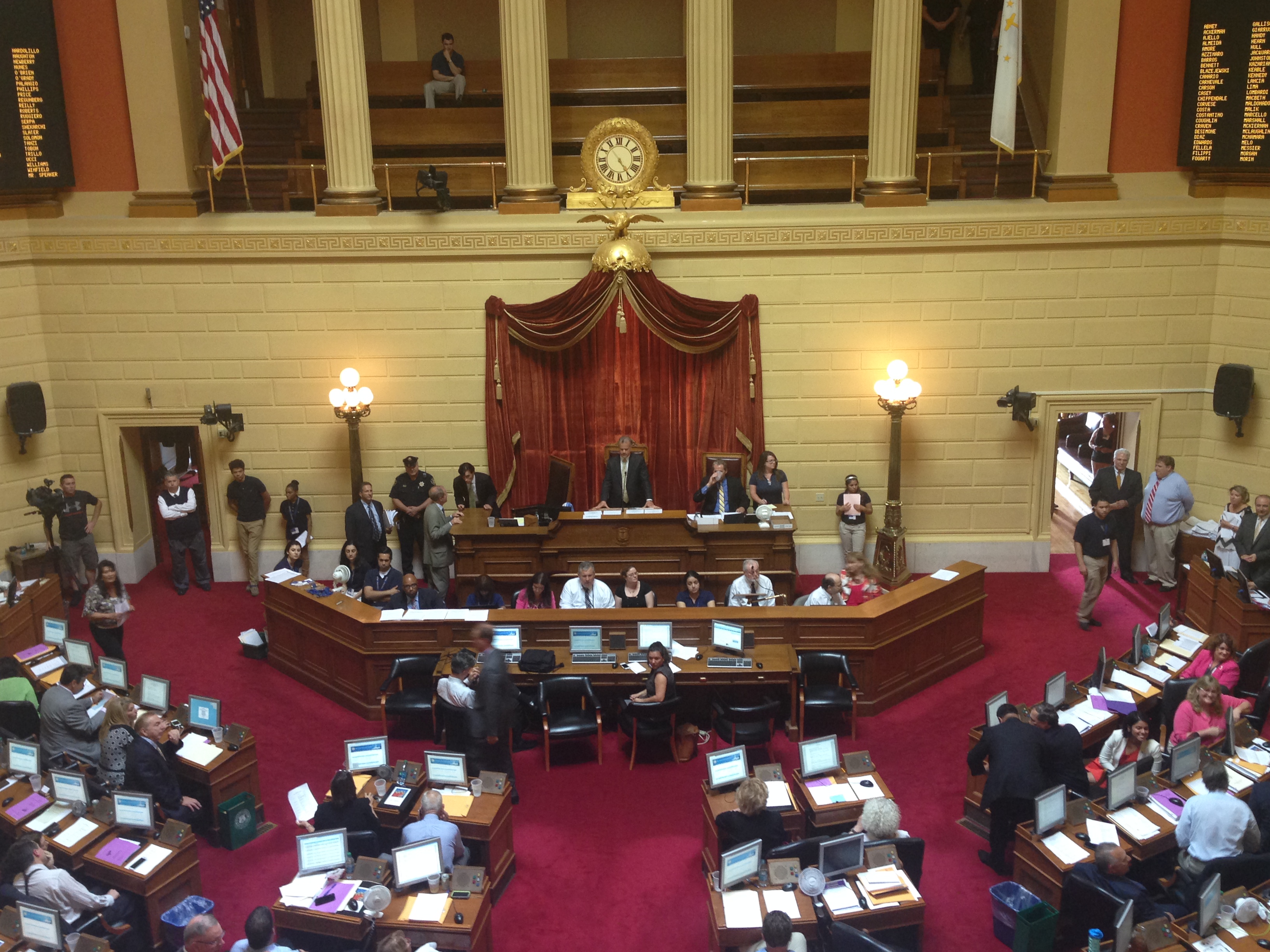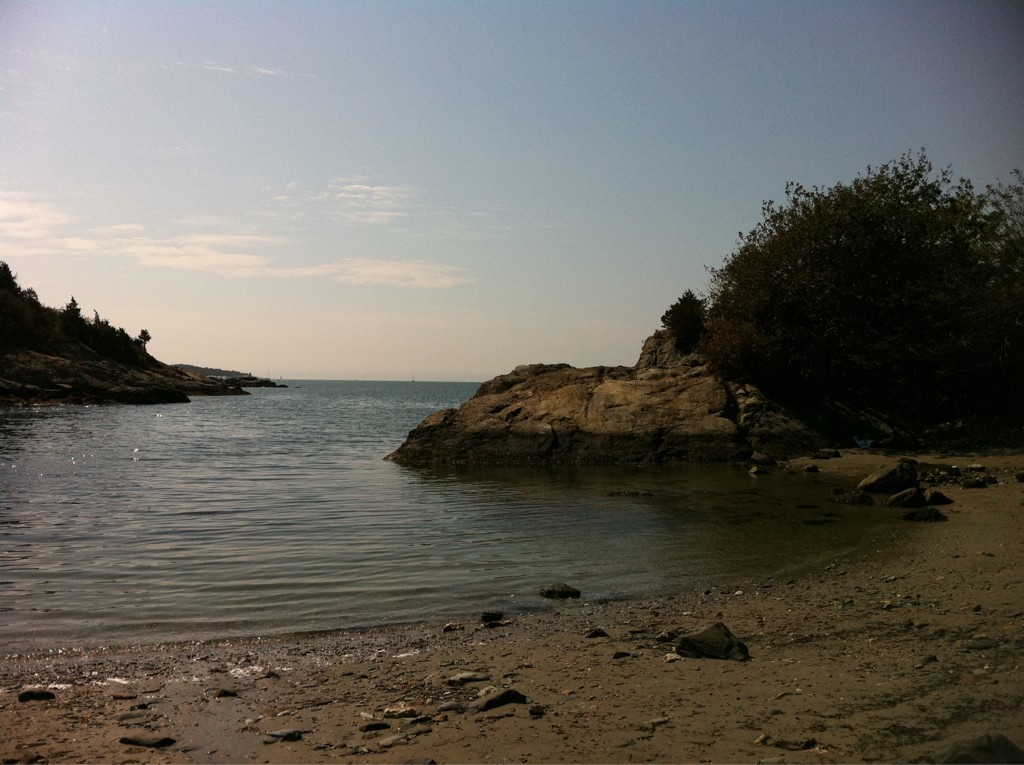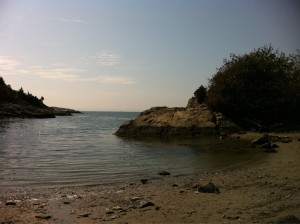Just because House Finance passed the FY 2016 budget onto the House floor for next Tuesday, doesn’t mean the entire House of Representatives has to like it. In fact, much of the bill is contested – such as the tourism cuts that Representative Teresa Tanzi, Narragansett/South Kingstown, has voiced her opposition to.
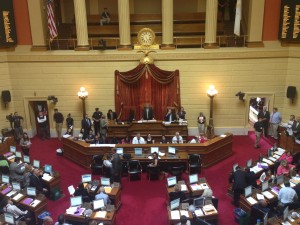
“When I moved here from Utah, everyone said “Oh, Newport, Providence!” People already know about Newport and Providence and I would say “No, Narragansett,” and nobody would know what Narragansett was. I have a really difficult time turning a portion of our money over from South County to help promote more Providence and more Newport.” she said, citing that the South County tourism board works very hard to market their area of the state.”
In response House Speaker Nick Mattiello said, “Despite that wonderful job, everyone still talks about Providence and Newport. It’s the integrity of the entire system that we’re looking at, and you need a Rhode Island brand. It’s not about localities. The current system doesn’t work, and we cannot go back to a system that doesn’t work.”
Their disagreement stems from Governor Gina Raimondo’s idea to centralize state tourism spending. Currently, Rhode Island has no unified state marketing efforts and instead dives proceeds from hotel tax receipts between 8 regional tourism agencies. The money will now go more towards the state Commerce Corporation, rather than the tourism bureaus themselves. In the House version of the budget, $4.7 million goes straight to the Commerce Corporation, while less than a million goes to the actual tourism district. In Gov. Raimondo’s version, $6.4 million would go to the corporation, leaving the districts with $1.7 million.
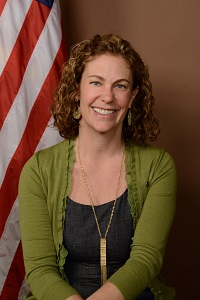
After the hearing, Tanzi continued to express her concerns about the funding cuts, and how they will harm her district as a whole.
“I think that the way that the South County tourism board is run is actually very effective. We have been compliant, we turn in our reports when we’re supposed to, our production cost of our marketing materials, everything is done in house. We’re very conscientious about how the money is spent,” she said, especially in comparison to other tourism boards across the state. Tanzi believes that this will only disserve the southern portion of Rhode Island, especially because Newport and Providence, in her opinion, do not need more marketing.
“The beaches are their own unique part of it,” she said. “We need to have our own budget to market that appropriately. We’re competing with the Cape, we’re not competing with Massachusetts.”
As the budget is currently written, Tanzi stated that to “cannibalize” the smaller parts of the state in order to market Rhode Island as a whole is not the best use of money, and it will only show poorly within the coming years.
“My guess is that my businesses in South County, who have five months out of the year at most, to make their living to make it through the entire summer, are going to suffer as a result of this,” she said. Tanzi has spoken to many of the businesses in her district since the budget first came out in March, adding that such funds are always a concern for business owners in the area.
But, the prospect of Tanzi submitting a successful amendment to support her district is slim to none, in her view, calling South County the “small fish,” in comparison to Newport and Providence.
“Just the basic numbers of looking at it, you’re talking about a couple of South County people, versus the city folk and the Newport people, who outnumber us on the floor. So, my chances of an amendment passing are ridiculously infantile. They’re infinitesimal, they’re so small, so, no, I won’t,” she said.
Even without the hope of amending the budget, this year, though, Tanzi still holds out hope for next year, planning to bring forth data showing the exact effects of these cuts on South County tourism, and maybe even get to create a separate brand for her district in the process.

